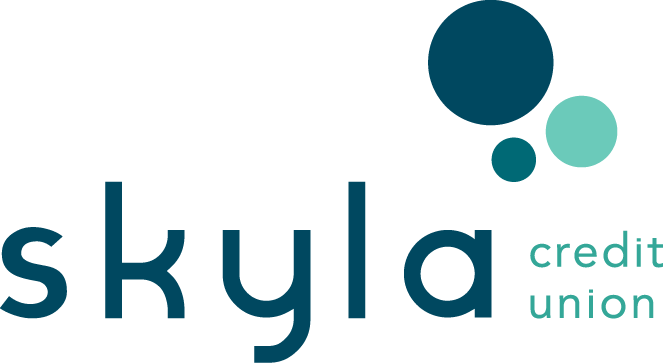How Do I Choose the Right Tax Filing Status?

Taxes – the never-ending saga of adulting that most of us dread. As mentioned in a previous tax article, it's not the most exciting task to tackle. But alas, it's a necessary one.
If you're here, it's likely because you're grappling with determining your tax filing status, a decision that can significantly impact your tax liabilities. Whether you're single or hitched, your marital status on the last day of the tax year dictates your filing status for the entire year.
Let's take a fresh look at the various types of filing statuses and what to do if you are looking for professional help:
how do i know my filing status?
There are five different statuses you can file – “Single,” “Head of Household,” “Qualifying Widow(er),” “Married Filing Jointly,” or “Married Filing Separately,” – and different tax benefits and qualifications for each.
Single
You’ll file Single if you were unmarried, divorced or your spouse has been deceased for more than 2 years, and you don’t have any dependents. The standard deduction for 2024 increased to $14,600
for single filers.
Head of Household
You’re eligible to file as the Head of Household if you’re unmarried and you’ve taken care of a dependent, such as a child, that lived with you for at least 6 months. Those who claim a dependent must pay more than half the cost of maintaining the dependent’s residency to qualify. If your dependent is a relative, like a parent, you must have paid more than half of the cost of maintaining their household to claim them. Child dependents are considered children under the age of 19 (or 24 if they’re a student) and they must have lived with you for more than half the year. The standard deduction for 2024 is $21,900 for the Head of Household.
Qualifying Widow(er)
Qualifying Widow(er)s are entitled to claim the same standard deduction as married taxpayers who file jointly but only for 2 years. You also must have a qualifying child living with you to claim this status. After 2 years, your status changes to Single or Head of Household. However, if you remarry before the 2 years pass, you will lose eligibility to file as a Qualifying Widow(er) and can’t claim the tax benefits. The standard deduction for 2024 is $29,200 for Qualifying Widow(er).
Married Filing Jointly
- Married Filing Jointly provides several tax benefits over filing separately. If filing jointly, your standard deduction for 2024 is $29,200. Plus, there are a few other benefits to filing together, including:
- Your taxes will be less complicated than filing separately.
- You’ll receive tax credits like Earned Income, Child & Dependent Care, American Opportunity, and Lifetime Opportunity Credits for Higher Education Expenses.
Butttttt... there’s a downside to filing jointly in some cases, too. When you file together, you and your spouse are both going to be held accountable for paying taxes on your joint income. Meaning, that even if you only make 10% of that total taxable income, the IRS will hold you just as responsible to pay the total amount you’re being taxed. Depending on how you handle your household finances, this could seem unfair to you or your spouse and may be a reason to file separately.
|
Married Filing Separately
Spouses filing separately receive a standard deduction of $14,600 for the 2024 tax year, compared to the $29,200 available for joint filers. Although Married Filing Separately (MFS) typically provides fewer tax benefits, it may be appropriate in certain situations, such as:
- Separate responsibility: One spouse doesn’t want to share full liability for the taxes on a joint return.
- Unequal outcomes: One spouse owes taxes while the other is due a refund.
- Separation or pending divorce: Spouses are separated but not yet divorced as of December 31.
If you file separately, you must coordinate with your spouse to determine who will claim dependents and whether to take the standard deduction or itemize (both must use the same method).
When filing separately, it’s also important to remember you can’t claim several tax credits, including:
- Tuition and Fees Deduction
- Credit for the Elderly and Disabled
- Child and Dependent Care Credit
- Earned Income Credit
- American Opportunity or Lifetime Learning educational credits
However, there are definitely some instances where you would want to file separately for tax-saving benefits. For more information, take a look at this oldie-but-goodie TurboTax blog post.
QUICK TIP: In some cases, choosing an incorrect filing status can result in an audit. If you have questions about which is the correct filing status for your situation, contact a tax professional for help. |
 do i get professional help?
do i get professional help?
I’m glad you asked! There are obviously a lot of resources available and organizations that provide tax help, but generally, there are two standard routes to take:
USE A TAX SOFTWARE
Think TurboTax, H&R Block, Tax Act. As a millennial, the fact I can get help filing my taxes with TurboTax without having to talk to someone and doing it all online is magical. I can only personally speak to my experience with TurboTax, but it’s all plug-and-play and very user-friendly. It takes you step-by-step through everything you’ll need to file and you simply input the numbers from your tax forms as needed.
Using one of these software providers will generally cost you, but not too much. You can read about the best Tax Software for 2025 with comparisons here.
QUICK TIP: If you receive Skyla emails, have been on our website, or visited one of our social channels, you’d know we have a partnership with TurboTax and H&R Block that provides you with a discount when you do your taxes with them. Check it out > |
FIND A TAX PROFESSIONAL
Tax software is great for standard tax filing, but when you want to get into more of the tax planning sector, finding a tax professional is the way to go. Some of the common life events that could happen and would have you searching for a tax professional are:
- You have or are starting a small business.
- You have or are buying rental property.
- You’d like to begin planning for future generations (estate planning).
- You have material foreign income.
- You are, or in the past, have been subject to the alternative minimum tax (AMT)
- When you’re making a big life change, such as retiring or buying into a partnership.
- You’re unsure whether to accelerate or postpone income.
- You have restricted stock or employee stock options.
- You’re not sure how much to withhold from your paycheck or you’re considering paying in quarterly estimates.
do you know your filing status now? 
Now that you know the different filing statuses, do you know which status to file under? The cool thing is when you file your taxes to the IRS, they have up-to-date technology to catch most mistakes or incorrect information made on a tax return. But if you make a mistake filing, you can amend it using Form 1040-X. Learn more about this form here>.
Want to know more about filing your 2024 taxes? Here's what you need to know
If you’re still having trouble trying to determine how you should file, check out this IRS interactive tool on how you should file (Psst... it should take about 5 minutes.) Taxes can be confusing that's why there are professionals who are willing and able to help. Contact a tax professional if you have any doubts or questions about your taxes.
And, if you're looking for a sweet Tax Software discount, check out Skyla's partnership with TurboTax and H&R Block!
As the Content Specialist and author of the Learning & Guidance Center, Yanna enjoys motivating others by uncovering all that's possible in the world of finance. From financial tips and tricks to ultimate guides and comparison charts, she is obsessed with finding ways to help readers excel in their journey towards financial freedom.
more resources for your financial journey
What Do I Need to Know About Filing My 2024 Taxes?
Don't know where to begin with filing taxes? Here's important information that'll help. You'll learn tax terms, filing status, refunds, and more.
7 min. read
How to Protect Yourself from Fraud
The chances of you being a victim of fraud is highly likely if you're not taking action and being cautious of protecting your assets. Here are tips you can personally do to safeguard yourself from fraud.
13min. read




.png)